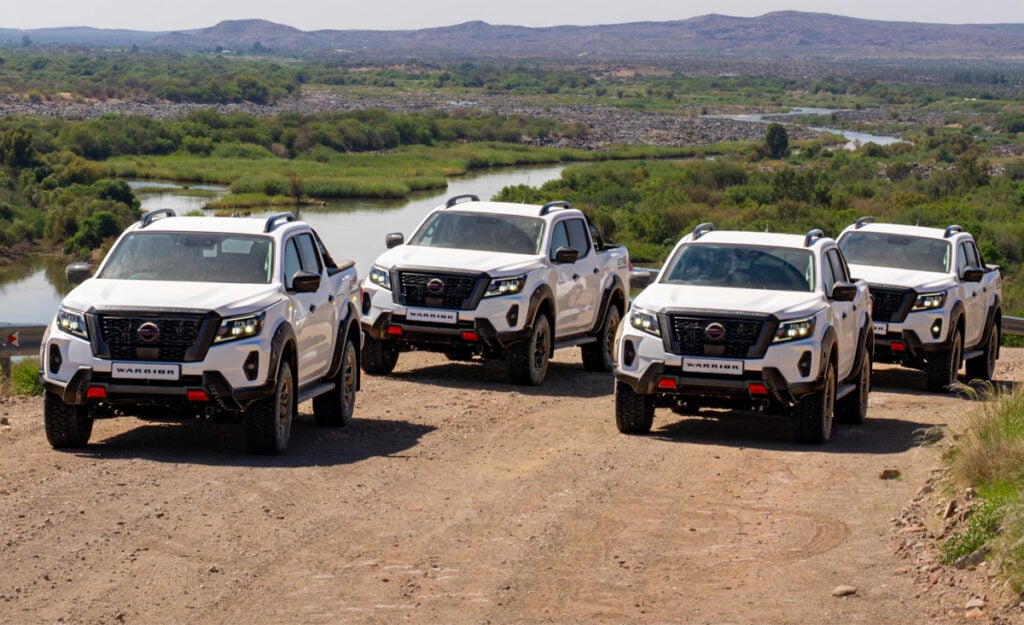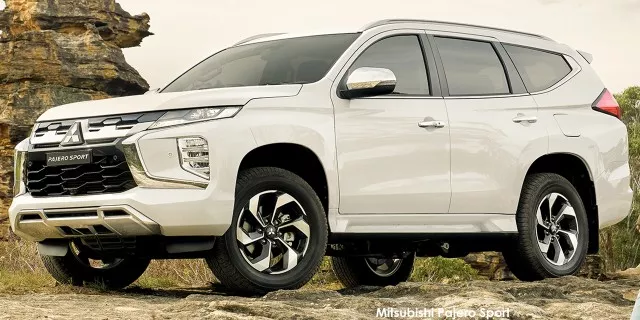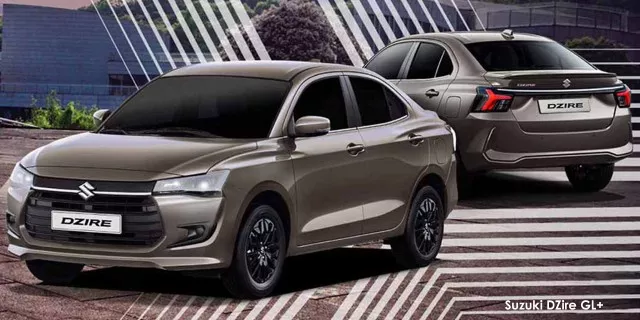
Nissan has officially made it into the Guinness Book of World Records thanks to its new bakkie – the Navara Warrior.
The flagship bakkie, which is made right here in South Africa, only went on sale in late March, but Nissan wasted no time in setting up an ambitious plan to push the vehicle to its limits and make it into the history books.
The plan was simple: to attempt the world’s longest continuous off-road journey with a small convoy comprised of four vehicles.
A new world record
The Navara is manufactured at Nissan’s factory in Rosslyn on the outskirts of Pretoria. However, the new Warrior variants have undergone an extensive conversion courtesy of the Australian engineering firm Premcar.
The conversion has given the bakkie better ground clearance, wider front and rear tracks, and improved approach and break-over angles, making it the best bundu-bashing Navara to date.
The decision to set a new world record came after the brand achieved a similarly impressive feat last year, when it sent a Navara convoy from its Pretoria factory all the way to Nissan’s passenger car facility in Cairo, Egypt – a journey of over 8,000km.
“Setting an off-road world record seemed like the logical next step for our African Navara,” said Maciej Klenkiewicz, Nissan South Africa and Independent Markets Africa Managing Director.

Shortly afterwards, Nissan got in touch with the Guinness World Records Association to set up the parameters for an attempt to set the world’s longest continuous off-road journey.
The route would take them more than 1,000km, passing along the 600km Namaqualand Eco trail and across mountains, rocky valleys, and the Gariep River to reach the finish line in Alexander Bay on the Atlantic coast.
The team, made up of Nissan staff and journalists, took off in four Warriors and made the journey over the course of five days.
At the end of the route, they had to wait for confirmation from Guinness, which had to check whether they kept to the criteria set out in the challenge.
The criteria outlined that not a single kilometre be driven on man-made roads, whether tarred or not, and that it had to be a single continuous path, meaning laps of a smaller route is not a valid way to achieve the goal.
Burst tyres could be replaced, but the cars could not, meaning any severe mechanical problems could have cost them the run.
Nissan evidently had nothing to worry about, though, as it made the 1,480km trek with no mechanical faults, popped tyres, or any other problems.
Guinness came back with the good news a few days later, declaring on 4 April that the team had set a brand-new world record.








